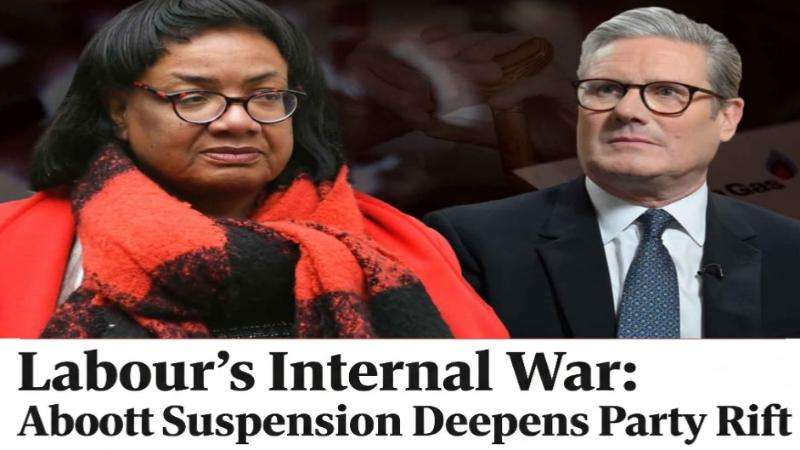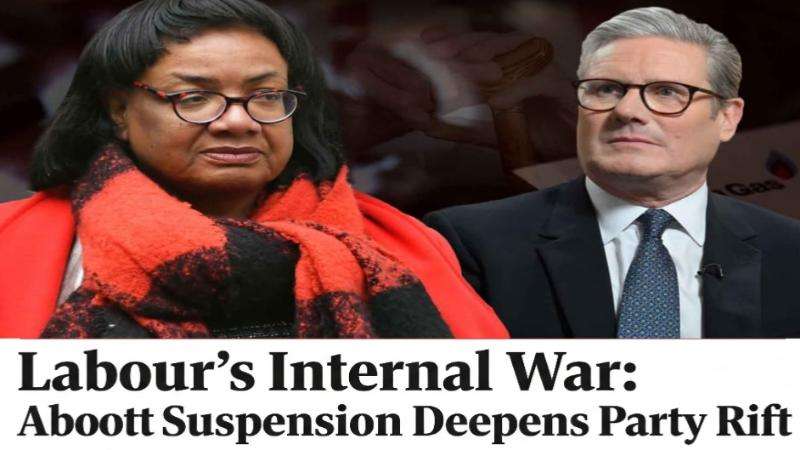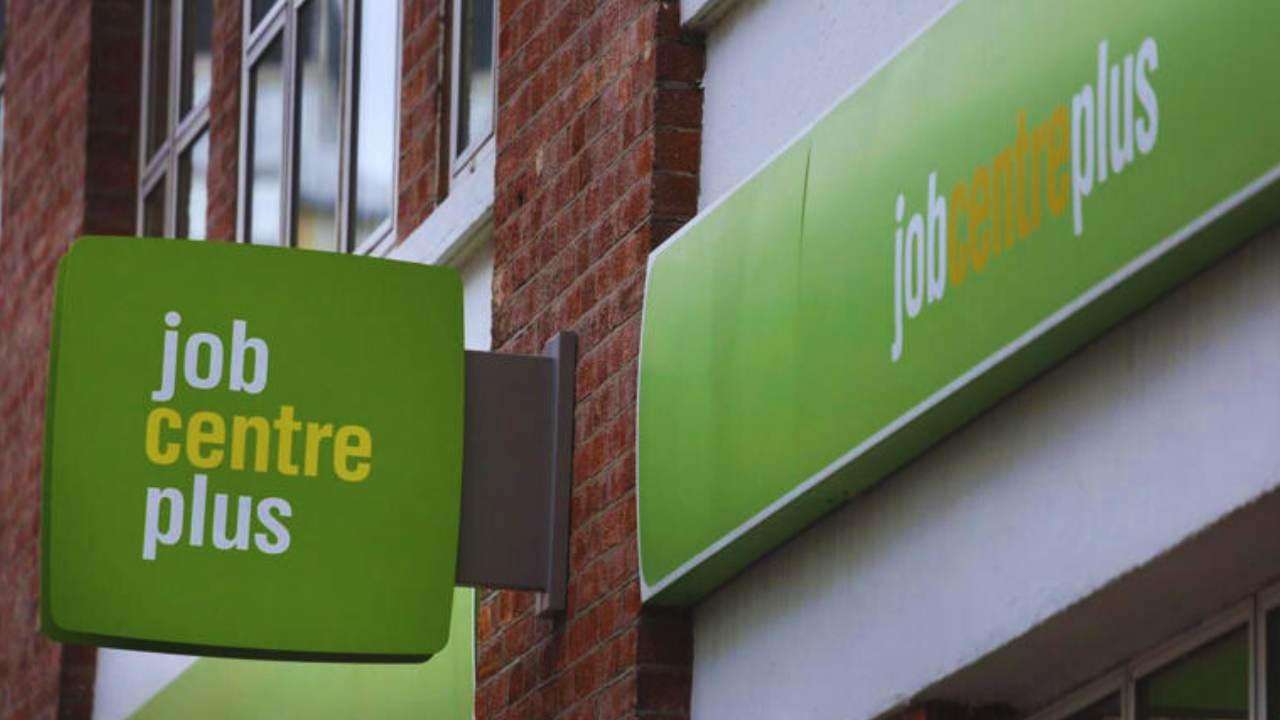A powder keg of controversy has been ignited in Westminster following the shocking unravelling of the Government’s clandestine immigration scheme for Afghans, a program now revealed to have potentially cost taxpayers a staggering £7 billion. The revelations, which include a years-long cover-up of a catastrophic data breach and an unprecedented super-injunction gagging the press, are not only rocking Parliament but are sending ripples of anger and disillusionment through British Muslim, British South Asian, and wider immigrant communities, with some warning of a growing risk of social unrest.
Daily Dazzling Dawn understands the launch of two urgent Parliamentary inquiries, reflecting the gravity of the crisis. The Defence Select Committee will scrutinise the mechanics of the data breach and the extraordinary lengths to which ministers went to conceal it, including a two-year legal battle that silenced journalists. Concurrently, the powerful Commons’ Public Accounts Committee (PAC) is set to grill defence chiefs over the bewildering discrepancy in the scheme's cost – a chasm between the officially stated £850 million and the astonishing £7 billion figure cited in secret High Court proceedings.
Defence Secretary John Healey, under immense pressure, initially claimed 6,900 Afghans were being relocated to the UK due to the data breach, estimating a total cost of £850 million. However, this figure pales in comparison to the £7 billion (now claimed by the MoD to be £6 billion relating to all Afghan resettlement schemes) revealed during the super-injunction case, where ministers reportedly agreed to extend the scheme over five years to accommodate "tens of thousands" of Afghans.
Sir Geoffrey Clifton-Brown, chairman of the PAC, expressed his deep concern over the "super-injunction and the length of time that it was applied," as well as the "confusion" surrounding the true cost. "We at the PAC have already made preliminary arrangements to ask officials from the MoD to come and explain all of this," he stated, signalling a thorough investigation into the financial transparency of the scheme.
Adding to the outrage, Tan Dhesi MP, chairman of the Defence Committee, highlighted not only the "catastrophic data breach that jeopardised the safety of brave Afghans who served alongside British forces, but also the fact that this breach had been kept secret for years." He vowed his committee would conduct "proper, thorough parliamentary scrutiny" after the summer recess.
While Prime Minister Keir Starmer attempted to deflect blame to the former Conservative government, under which the scheme began in 2023, the fallout is already profoundly impacting diverse communities across the UK. For many British Muslims and those of South Asian heritage, who often have strong familial and cultural ties to regions affected by conflict and migration, the revelations are a bitter pill.
Community Concerns and Rising Tensions
"This isn't just about a data breach; it's about trust," remarked Aisha Khan, a community leader in Bradford. "When the government secretly spends billions on an immigration scheme while our own communities face austerity and underfunding, it breeds resentment. And the secrecy, the attempts to silence the press – it makes people wonder what else they're hiding."
Concerns are mounting that the perception of preferential treatment for some immigrant groups, particularly when shrouded in secrecy and exorbitant costs, could exacerbate existing social fissures. The UK has a long history of multiculturalism, but also periods of heightened social tension and, in some cases, unrest linked to perceptions of inequality and immigration policy.
"There's a real fear that this could be a flashpoint," warned Dr. Imran Ahmed, a sociologist specializing in race relations. "When you combine allegations of a cover-up, vast sums of public money, and a lack of transparency, it can easily be weaponized by those seeking to sow division. British immigrant communities, particularly those who have navigated complex immigration processes themselves, may feel a deep sense of injustice if it appears there's one rule for some and another for others."
The narrative of "secret" schemes and "billions of pounds" contrasts sharply with the lived experiences of many British immigrants who have faced lengthy, often costly, and opaque processes to gain residency or citizenship for themselves and their families. This perceived disparity, combined with economic anxieties and a housing crisis, creates fertile ground for discontent.
Former Tory Defence Secretary Ben Wallace yesterday defended the government's actions, stating he made "no apology" for how the situation was handled, citing the "potential threat to thousands of Afghans who had helped UK forces." He argued that reporting the data leak would have "put in peril those we needed to help out." While the humanitarian imperative is acknowledged, the lack of transparency and the colossal financial implications are now overriding these justifications in the public discourse.
As Parliament gears up for its inquiries, the Government faces a formidable challenge in regaining public trust, particularly within the very communities most sensitive to immigration policy and fairness. The unfolding scandal of the "secret Afghan scheme" is not just a political and financial headache; it's a social powder keg, and without clear answers and genuine accountability, the risk of escalating tensions and even unrest across the UK remains a worrying possibility.
_4.jpg)
_2.jpg)

_2.jpg)
_3.jpg)



.svg)



